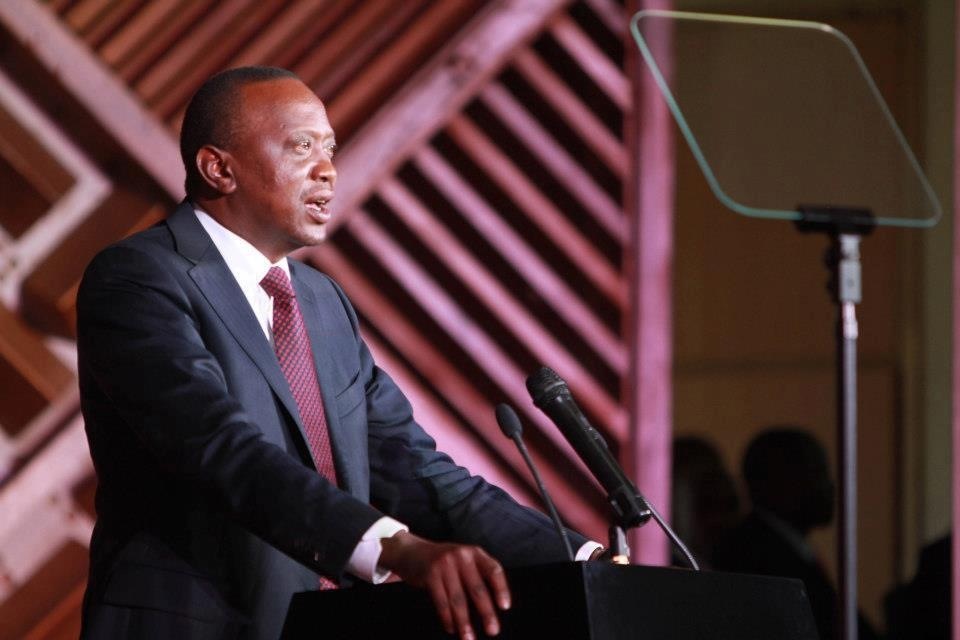Thursday 21st March 2013
Jesus Christ calls us to step outside the comfort of our traditions and places ‘and go into the waves’, the Archbishop of Canterbury said today in his inauguration cermony at Canterbury Cathedral.
Preaching to 2,000 people inside the cathedral and millions more watching and listening around the world, Archbishop Justin said that fear imprisons us and stops us from being fully human.
Drawing on the story of Christ beckoning the disciples to leave the boat and walk across the waters, the Archbishop recalled Jesus’ words: “Take heart, it is I, do not be afraid.”
On the day of his inauguration – which he acknowledged helped him sympathise with Peter’s ‘fear and trembling’ – Archbishop Justin said that “our response to these words sets the patters of our lives, for the church, for the whole of society.”
Sermon at the Inauguration of the Ministry of the 105th Archbishop of Canterbury, Justin Portal Welby
Canterbury Cathedral, 21st March 2013
(Commemoration of Thomas Cranmer, Feast of St Benedict)
Ruth 2:10-16; 2 Corinthians 5:16-21; Matthew 14:22-23; “Take heart, it is I, do not be afraid”, Matthew 14:27
To each one of us, whoever and wherever we are, joining us from far away by television of radio, or here in the Cathedral, Jesus calls through the storms and darkness of life and says “Take heart, it is I, do not be afraid”.
Our response to those words sets the pattern for our lives, for the church, for the whole of society. Fear imprisons us and stops us being fully human. Uniquely in all of human history Jesus Christ, the Son of God, is the one who as living love liberates holy courage.
“If it is you tell me to come to you on the water” Peter says, and Jesus replies “come”. History does not relate what the disciples thought about getting out of a perfectly serviceable boat, but Peter was right, and they were wrong. The utterly absurd is completely reasonable when Jesus is the one who is calling. Courage is liberated, and he gets out of the boat, walks a bit, and then fails. Love catches him, gently sets him right, and in a moment they are both in the boat and there is peace. Courage failed, but Jesus is stronger than failure.
The fear of the disciples was reasonable. People do not walk on water, but this person did. For us to trust and follow Christ is reasonable if He is what the disciples end up saying He is; “truly you are the Son of God”. Each of us now needs to heed His voice calling to us, and to get out of the boat and go to Him. Because even when we fail, we find peace and hope and become more fully human than we can imagine: failure forgiven, courage liberated, hope persevering, love abounding.
For more than a thousand years this country has to one degree or another sought to recognise that Jesus is the Son of God; by the ordering of its society, by its laws, by its sense of community. Sometimes we have done better, sometimes worse. When we do better we make space for our own courage to be liberated, for God to act among us and for human beings to flourish. Slaves were freed, Factory Acts passed, and the NHS and social care established through Christ-liberated courage. The present challenges of environment and economy, of human development and global poverty, can only be faced with extraordinary courage.
In humility and simplicity Pope Francis called us on Tuesday to be protectors of each other: of the natural world, of the poor and vulnerable. Courage is released in a society that is under the authority of God, so that we may become the fully human community of which we all dream. Let us hear Christ who calls to us and says “Take heart, it is I, do not be afraid”.
The first reading we heard dates from the time of Israel before the Kings. It is the account of a Moabite refugee – utterly stigmatised, inescapably despised – taking the huge risk of choosing a God she does not know in a place she has not been, and finding security when she does so. The society Ruth went to was healthy because it was based on obedience to God, both in public care and private love.
Today we may properly differ on the degrees of state and private responsibility in a healthy society. But if we sever our roots in Christ we abandon the stability which enables good decision making. There can be no final justice, or security, or love, or hope in our society if it is not finally based on rootedness in Christ. Jesus calls to us over the wind and storms, heed his words and we will have the courage to build society in stability.
For nearly two thousand years the Church has sought, often failing, to recognise in its way of being that Jesus is the Son of God. The wind and waves divided Jesus from the disciples. Peter ventures out in fear and trembling (as you may imagine I relate to him at this point). Jesus reconciles Peter to Himself and makes the possibility for all the disciples to find peace. All the life of our diverse churches finds renewal and unity when we are reconciled afresh to God and so are able to reconcile others. A Christ-heeding life changes the church and a Christ-heeding church changes the world: St Benedict set out to create a school for prayer, and incidentally created a monastic order that saved European civilisation.
The more the Church is authentically heeding Jesus’ call, leaving its securities, speaking and acting clearly and taking risks, the more the Church suffers. Thomas Cranmer faced death with Christ-given courage, leaving a legacy of worship, of holding to the truth of the gospel, on which we still draw. I look at the Anglican leaders here and remember that in many cases round the world their people are scattered to the four winds or driven underground: by persecution, by storms of all sorts, even by cultural change. Many Christians are martyred now as in the past.
Yet at the same time the church transforms society when it takes the risks of renewal in prayer, of reconciliation and of confident declaration of the good news of Jesus Christ. In England alone the churches together run innumerable food banks, shelter the homeless, educate a million children, offer debt counselling, comfort the bereaved, and far, far more. All this comes from heeding the call of Jesus Christ. Internationally, churches run refugee camps, mediate civil wars, organise elections, set up hospitals. All of it happens because of heeding the call to go to Jesus through the storms and across the waves.
There is every possible reason for optimism about the future of Christian faith in our world and in this country. Optimism does not come from us, but because to us and to all people Jesus comes and says “Take heart, it is I, do not be afraid”. We are called to step out of the comfort of our own traditions and places, and go into the waves, reaching for the hand of Christ. Let us provoke each other to heed the call of Christ, to be clear in our declaration of Christ, committed in prayer to Christ, and we will see a world transformed.
ENDS
© Justin Welby 2013




